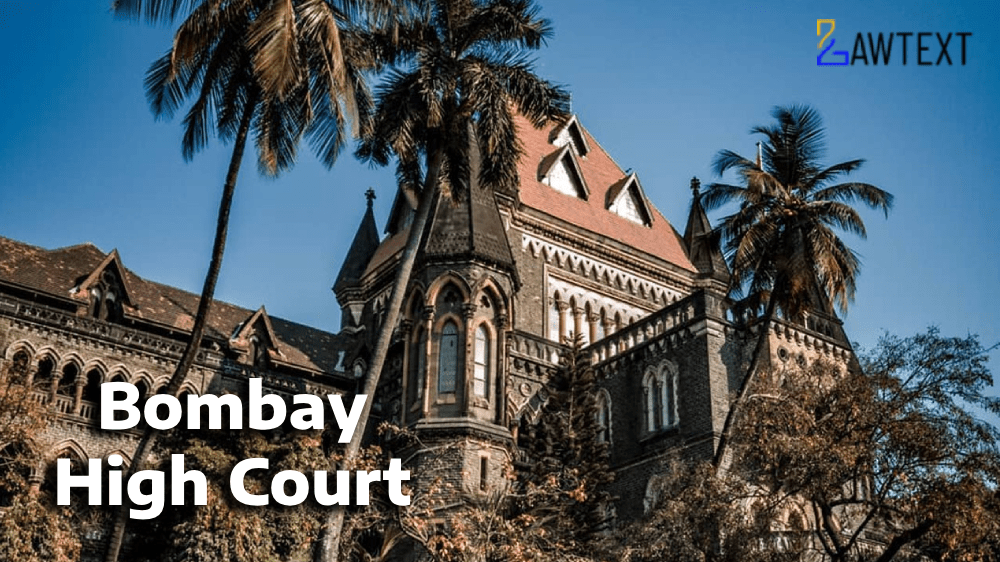Bombay High Court Appoints Joint Administrator for Disputed Estate Amidst Family Feud. Incarceration of Executor Prompts Intervention to Protect Deceased's Estate.

CASE NOTE & SUMMARY
The Bombay High Court addressed a long-standing family dispute over the estate of Timothy D'Souza. The plaintiff, Lalit D’Souza, propounded a Will, while his sisters, including Laura D’Souza (applicant), claimed the deceased died intestate. With the plaintiff serving a 10-year prison sentence for an attempted murder of one of the defendants, Laura D’Souza sought the appointment of an Administrator pendente lite under Section 247 of the Indian Succession Act, 1925. The Court, acknowledging the necessity to protect and manage the estate due to the plaintiff’s incarceration, appointed the Court Receiver as a joint Administrator pendente lite with the plaintiff to manage the properties effectively.
1. Background of the Dispute:
- Timothy D’Souza, the father of the plaintiff and defendants, passed away in 2003.
- The plaintiff, Lalit D’Souza, claimed that Timothy left behind a Will, naming him the sole executor, while Laura D’Souza and other defendants argued that their father died intestate.
2. Legal History:
- The dispute led to the institution of multiple suits, including an administration suit filed by Defendant No. 2 and a Testamentary Petition by the plaintiff, opposed by the defendants through caveats.
3. Key Allegations by Applicant (Laura D'Souza):
- Plaintiff, Lalit D'Souza, convicted of grievous offenses and sentenced to imprisonment, is unfit to administer the estate.
- Accusations of mismanagement, misuse of properties, and lack of disclosure of the deceased’s assets.
4. Appointment of Administrator Pendente Lite:
- Applicant sought the appointment of the Court Receiver, Bombay High Court, as the Administrator under Section 247 of the Indian Succession Act, 1925, to protect the estate.
- Alternatively, she requested that she be appointed as the administrator.
5. Defense by Plaintiff (Lalit D'Souza):
- Plaintiff argued that the deceased’s Will appoints him as the executor, rendering the appointment of an administrator unnecessary.
- The application is delayed by nearly 20 years and suffers from laches.
6. Court’s Analysis of the Executor’s Incarceration:
- The Court found that the plaintiff's incarceration for a decade impeded his ability to administer the estate effectively, which necessitated some protective measures.
7. Judicial Precedents:
- Citing cases like Priyambada Debi Birla and Inderjeet Singh, the Court emphasized the importance of protecting the estate during ongoing litigation and preventing its dissipation.
8. Decision:
- The Court appointed the Court Receiver as a joint Administrator pendente lite alongside the plaintiff.
- The Receiver was directed to take stock of the properties, businesses, and assets of the deceased without disrupting the current status quo.
Ratio:
The Court, exercising discretion under Section 247 of the Indian Succession Act, 1925, held that while the plaintiff's conviction does not automatically disqualify him from acting as an executor, his incarceration prevents him from efficiently managing the estate. Therefore, the appointment of a joint administrator was necessary to protect the deceased's estate until final adjudication.
Acts and Sections Discussed:
- Indian Succession Act, 1925, Section 247: Appointment of Administrator Pendente Lite.
- Indian Penal Code, Sections 307 and 326: Attempted murder and grievous hurt.
Subjects:
- Family Dispute
- Testamentary Jurisdiction
- Will and Probate
- Appointment of Administrator
- Incarceration of Executor
ISSUE OF CONSIDERATION
Laura D’Souza In the matter of Lalit Timothy D’Souza Versus Lawra D’Souza
Citation: 2024 LawText (BOM) (10) 31
Case Number: INTERIM APPLICATION NO.2827 OF 2022 IN TESTAMENTARY SUIT NO. 16 OF 2004 IN TESTAMENTARY PETITION NO. 491 OF 2003
Date of Decision: 2024-10-03
Case Title: Laura D’Souza In the matter of Lalit Timothy D’Souza Versus Lawra D’Souza
Before Judge: N. J. JAMADAR, J.
Advocate(s): Mr. Shanay Shah a/w Mr. Rahul Jain, Ms. Khushboo Rupani, Ms. Akriti Shinha i/by HSA Advocates for Applicant in IA- 2827 of 2022 /Ori. Defendant No.1. Mr. Karl Tamboly, Mr. Hrushi Narvekar, Mr. Atir Patel, Ms. Viloma Shah i/by Ms. AVP Partners for Plaintiff.
Appellant: Laura D’Souza In the matter of Lalit Timothy D’Souza
Respondent: Lawra D’Souza

